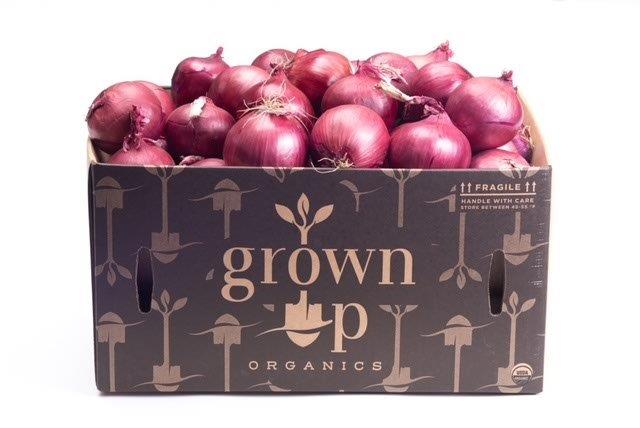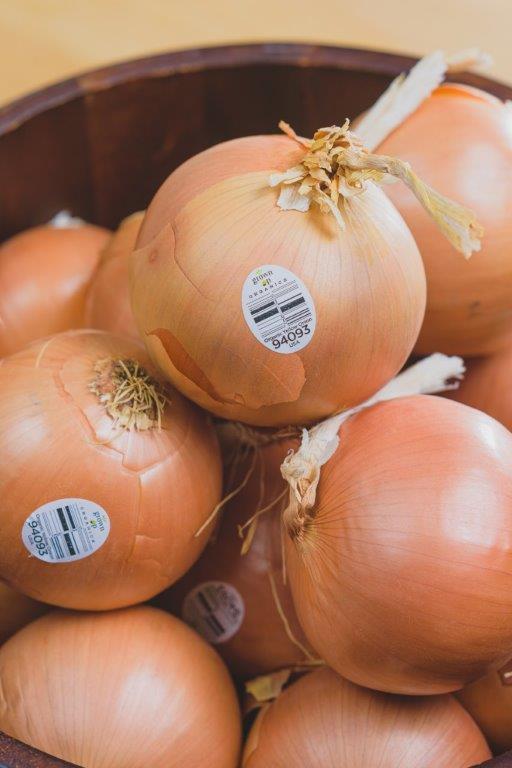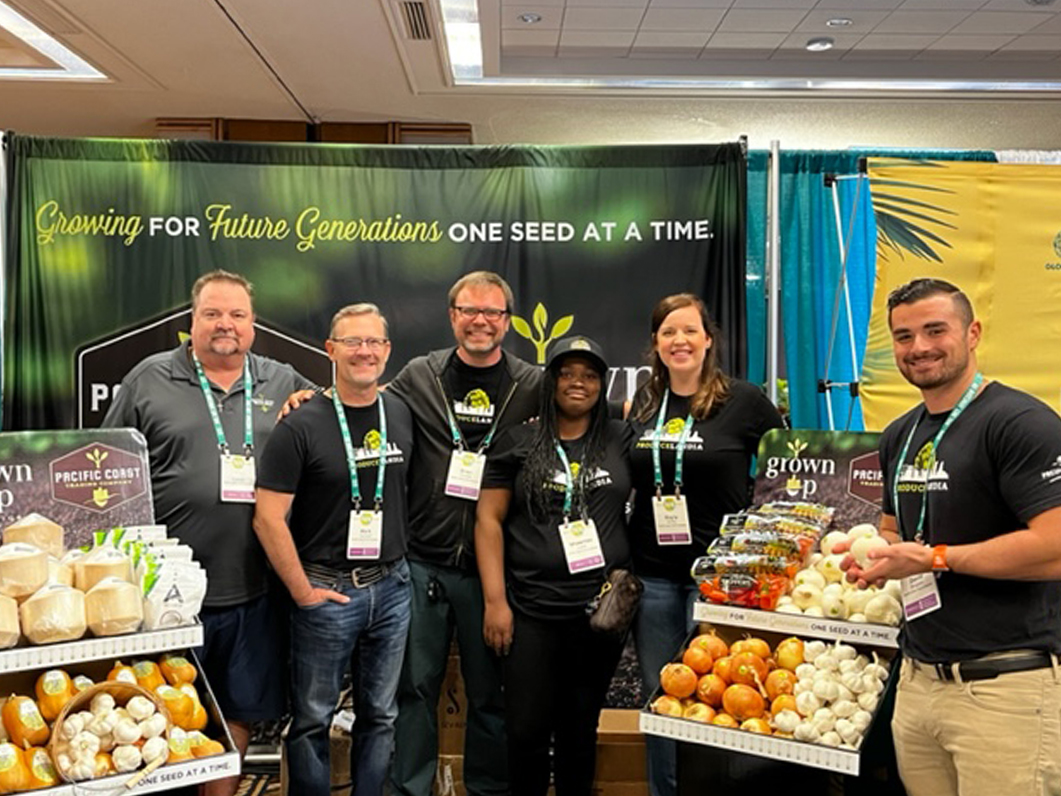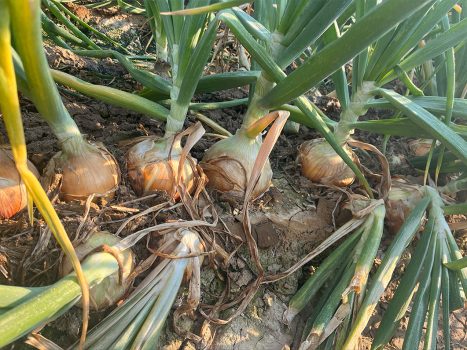Since its formation in 2017 and its January 2022 spinoff from parent company Pacific Coast Fruit Company, one of the largest independently owned produce distributors in the Pacific Northwest, multi-generational, family-owned/operated Pacific Coast Trading Company in Portland has created its own team to cover North America and offer a solid line-up of conventional and organic produce items, including a year-round onion program.
Today, the company website https://www.pctradingco.com/ says, “The PCTCo team spans across North America, as well as having representation in Mexico, and services the world day and night. The team is empowered to support each other, help others, and strategically solve problems.”

In order to “optimize relationships with growers and customers across state and country lines,” PCTCo has strategically placed warehouses that facilitate shipping produce from both large and small growers. Eight key distribution centers have been constructed, and the locations, according to PCTCo’s website, “serve as an extra touchpoint for efficient quality assurance, increasing reliability, and customer satisfaction.”
Working with a variety of customers such as wholesalers, retailers, processors and home delivery services, PCTCo has committed to sustainable practices that inspired the creation of its private label, Grown Up Organics, “for the highest standard organic produce.” As a separate company, PCTCo has increased flexibility in developing its Grown Up Organics brand.
Onions are included in the Grown Up Organics program, and conventional onions are also part of the company’s line-up. The sum of organics and conventional onions represent between 50-60 percent of the company’s volume, with conventional product making up the majority of PCTCo’s onion volume – although more growers are expanding their organic programs.

It is the organic volume that Sales Executive Brad Sumner, aka “The Onion Guru,” reports on regularly for OnionBusiness.
Brad, who’s spent his career “learning the ins and outs of the produce industry” and has worked the landscape from small markets to nationwide, took some time recently to give us a look at PCTCo’s organic onion program.
“We source our organic onions from the Western United States and Mexico,” he said. “Starting in April they come from Mexico, move through the Imperial Valley, to Bakersfield, Antelope Valley and then on to Washington. We are working on crop development in Arizona, Oregon, and Texas.”
We asked if Brad has seen an uptick in the number of organic onion growers in the past several years, and he said, “Over the last three to five years there has been an increase in onion growers adding organics to their programs.” He said the growth has come “mainly because their customer base has requested them as consumer demand has increased and secondly, even though organic onions do cost more to produce, the potential for profit is much greater as the organic market stays pretty steady throughout the year.” He said that is “high teens to early 30s, with spikes higher.”
And, Brad added, the organic onion market “is not as volatile to collapse as the conventional onion market.”
As for changes in the economy impacting organics, Brad said that consumers who buy organic produce “buy organic produce all the time, and price is normally not a factor. Orders might slow down a little, but they are always there.”
We also asked for Brad’s long-term prediction for organic onions, and he said, “Honestly, I feel like we are nearing the pinnacle of optimal supply of organic onions in the industry. Some may disagree, but to maintain solid markets and good movement, we need to not over produce.”
He said at PCTCo, there will be an expansion to the organic onion program by “securing additional layers of year-round production.”
The website also notes that “As a separate entity, PCTCo will pursue new opportunities for expansion as well as the ability to grow its workforce and geographic footprint,” and PCTCo. CEO David Nemarnik says on the site, “We’re excited that our business is evolving as we expand our strong partner relationships, to seamlessly connect growers, sellers, and customers with an unmatched level of service.”
He continues, “Maintaining the viability of land for the next generation is critical in the longevity in both our business and the health of the planet. We believe that quality produce comes from quality growers, and will continue to seek organic growing practices, advanced traceability, proper certifications, and full transparency to promote the health of people and the planet through sustainable agriculture.”
For more information, visit https://www.pctrading.co. Follow @pcfruit on Instagram and @pacificcoastfruit on Facebook.
Many thanks to Pacific Coast Trading Co. for providing the photo gallery shown below. Click the image to enlarge and scroll.









